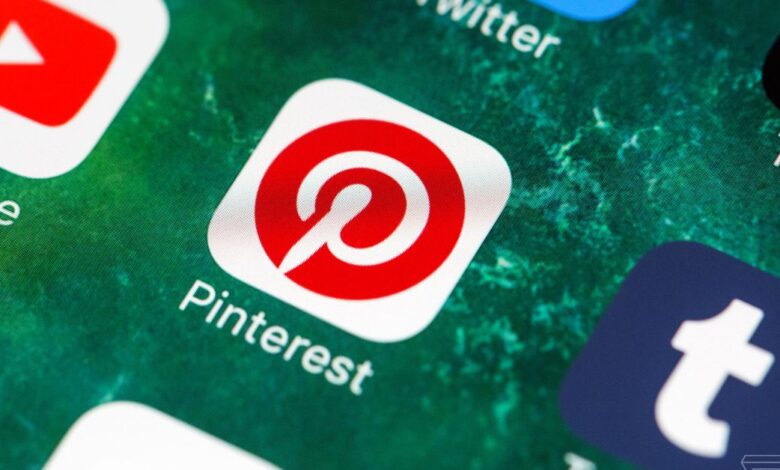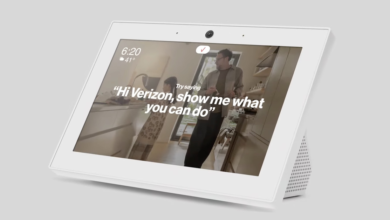Pinterest bans weight loss ads due to eating disorder concerns

[ad_1]
Pinterest said Thursday it is updating its ad policies to “prohibit all ads with weight loss language and imagery.” The company said in a blog post that it developed its new policy with guidance from the National Eating Disorders Association (NEDA), whose research shows there has been a rise in eating disorders and unhealthy eating habits in young people during the pandemic.
“Pinterest is the place people come for inspiration to create life they love,” the blog post reads. “It’s where everyone belongs—regardless of body shape or size. We’re empowering Pinners to plan for a summer and beyond without weight loss ads, so they can focus on what matters most.”
The company claims it is the “only major platform to prohibit all weight loss ads,” and that the new rules build on the company’s existing ad policies against body shaming and weight loss scams. In 2019, Instagram restricted weight loss content and certain types of cosmetic surgery from being seen by users under age 18.
Beginning Thursday, Pinterest’s policy will prohibit:
- Any weight loss language or imagery
- Any testimonials regarding weight loss or weight loss products
- Any language or imagery that idealizes or denigrates certain body types
- Referencing body mass index or similar indices
- Any products that claim weight loss through something worn or applied to the skin
Ads for weight loss or appetite suppressant pills, before-and-after weight loss imagery, weight loss procedures like liposuction or fat burning, body shaming, and “unrealistic” claims about cosmetic results were already banned under the policy, the company added.
Elizabeth Thompson, interim CEO for NEDA, applauded the move. “NEDA is encouraged by this necessary step in prioritizing the mental health and well-being of Pinners, especially those impacted by diet culture, body shaming, and eating disorders,” she said in a statement. “We are hopeful this global policy will encourage other organizations and companies to reflect on potentially harmful ad messages and to establish their own working policies that will create meaningful change.”
Pinterest has been one of the more forward-thinking social media platforms when it comes to reining in harmful or misleading content in its ads. In 2016, it prohibited ads for “sensitive content including cultural appropriated and inappropriate costumes.” It stopped running political ads in 2018, and in 2019, Pinterest was one of the first social media companies to block anti-vaccination content, to prevent misinformation from spreading on its platform.
Earlier this year the company said it would end the use of nondisclosure agreements (NDAs) when employees leave the company, following a settlement with its former COO who had alleged gender discrimination.
[ad_2]
Source link






